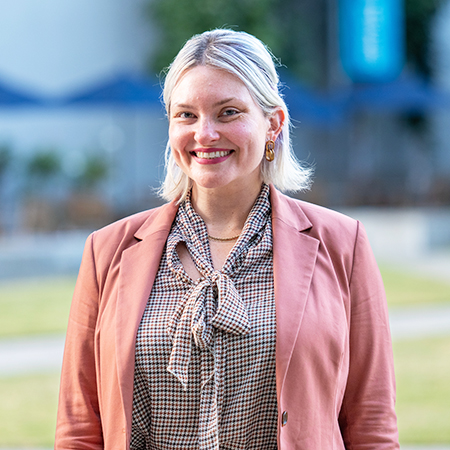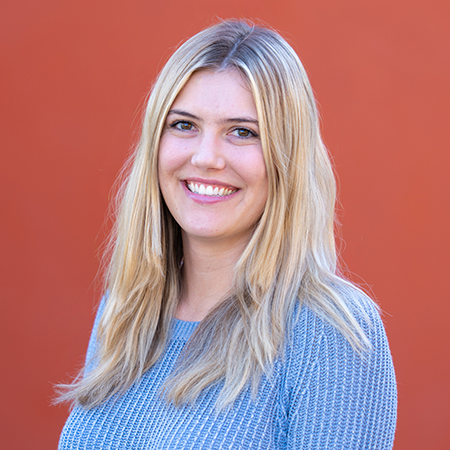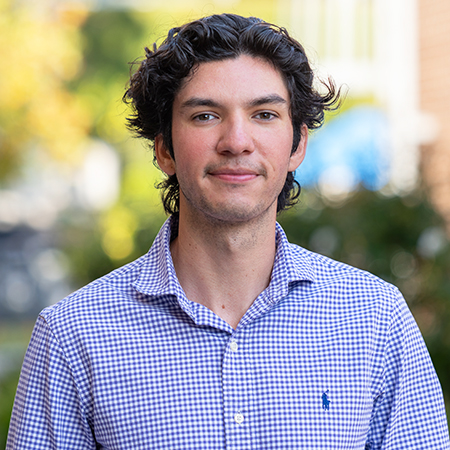.png)
The Loyola Social Justice Law Clinic (LSJLC) is proud to announce that three of our graduates have obtained post-graduate fellowships to work in our clinics starting this fall. These fellowships enable our graduates to launch their public interest careers by designing and leading innovative legal advocacy projects on behalf of underserved communities while gaining invaluable, hands-on experience.
Read more about the fellows below:
Rachel Morrow ’25
Rachel Morrow ’25 is a Loyola Post-Graduate Fellow with the Loyola Project for the Innocent (LPI), focusing on advocating for those who have been wrongfully convicted due to faulty gang expert testimony. While investigating relevant cases, Rachel is consulting academic scholarship experts in the field of gang membership and law enforcement to write model claims for use in habeas petitions. She hopes to create a pathway for litigants to seek relief from wrongful convictions that were the result of prejudicial gang testimony.

Anna Strasburger ’25
Anna Strasburger ’25 has witnessed first-hand the disastrous consequences of California’s system of racialized mass incarceration through her work at the Juvenile Innocence and Fair Sentencing (JIFS) Clinic. Hosted by the Center for Juvenile Law and Policy, Anna’s Equal Justice Works Fellowship project centers on the California Racial Justice Act (RJA). The RJA is revolutionary legislation that enables advocates to challenge racial bias in the criminal justice system on both individual and systemic levels. Her goal is to maximize juvenile resentencing opportunities created by the RJA through a hybrid model of research, impact litigation, and direct advocacy.

Fausto Polanco ’24
Fausto Polanco ’24 is a Post-Graduate Fellow with LPI working to confront a leading cause of wrongful convictions: eyewitness misidentification. Decades of research show memory is not a recording device but a malleable, easily influenced process. Yet courts and juries still rely heavily on eyewitness accounts — especially in retrials, where witnesses testify again as if memories were static and fixed. Through case screening, investigation, expert consultation, and model habeas claims, Fausto’s project exposes how misidentification becomes especially dangerous when convictions follow a hung jury.
